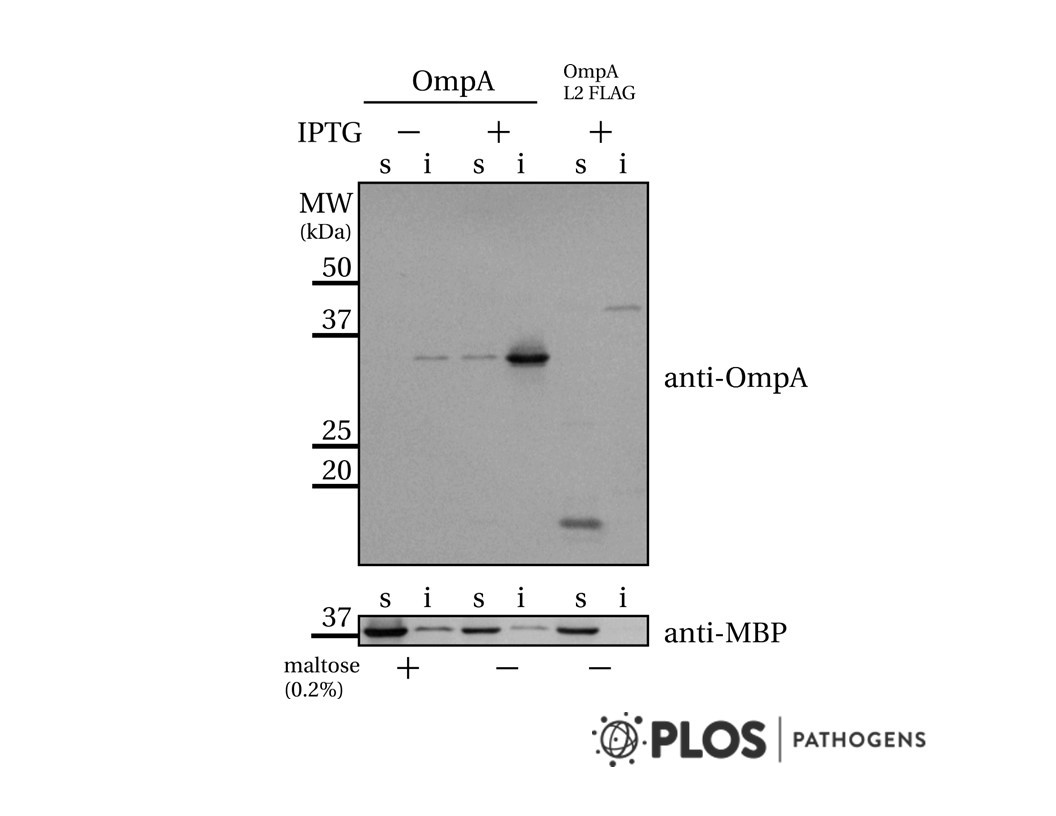
Cat. #160392
Anti-Fatty acid-binding protein, heart-type H-FABP
Cat. #: 160392
Unit size: 100 ug
Availability: 10-12 weeks
Target: heart-type fatty acid-binding protein
Class: Polyclonal
Application: IHC ; WB ; IHC ; WB
Reactivity: Human ; Mouse
Host: Rabbit
£300.00
This fee is applicable only for non-profit organisations. If you are a for-profit organisation or a researcher working on commercially-sponsored academic research, you will need to contact our licensing team for a commercial use license.
Contributor
Inventor: Jan F. C. Glatz
Institute: Radboud University Medical Center
Tool Details
*FOR RESEARCH USE ONLY
- Name: Anti-Fatty acid-binding protein, heart-type H-FABP
- Alternate name: FABP11, MDGI
- Class: Polyclonal
- Conjugation: Unconjugated
- Reactivity: Human ; Mouse
- Host: Rabbit
- Application: IHC ; WB ; IHC ; WB
- Description: Cellular fatty acid-binding proteins (FABP) are a highly conserved family of proteins consisting of several subtypes, among them the mammary-derived growth inhibitor (MDGI) which is quite homologous to or even identical with the heart-type FABP (H-FABP). The FABPs and MDGI have been suggested to be involved in intracellular fatty acid metabolism and trafficking.
- Immunogen: human H-FABP
Target Details
- Target: heart-type fatty acid-binding protein
- Target background: Cellular fatty acid-binding proteins (FABP) are a highly conserved family of proteins consisting of several subtypes, among them the mammary-derived growth inhibitor (MDGI) which is quite homologous to or even identical with the heart-type FABP (H-FABP). The FABPs and MDGI have been suggested to be involved in intracellular fatty acid metabolism and trafficking.
Applications
- Application: IHC ; WB ; IHC ; WB
Handling
- Format: Liquid
- Unit size: 100 ug
- Shipping conditions: Shipping at 4° C
References
- Zschiesche et al. 1995. Histochem Cell Biol. 103(2):147-56. PMID: 7634154.



